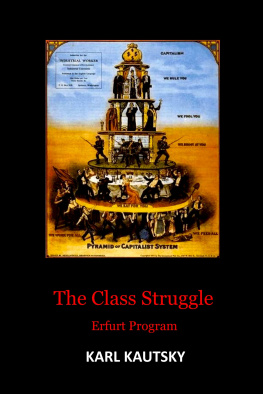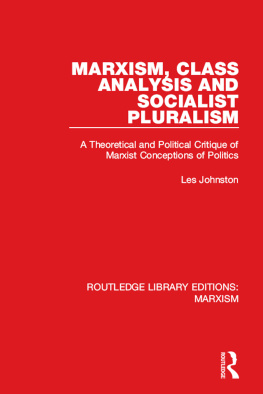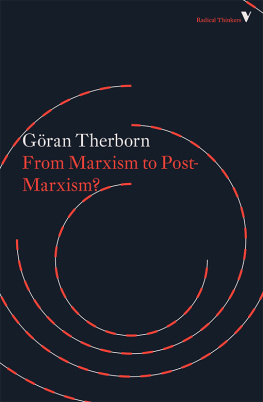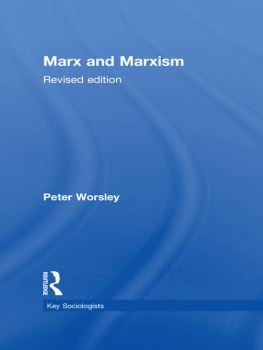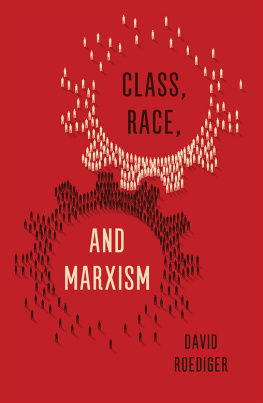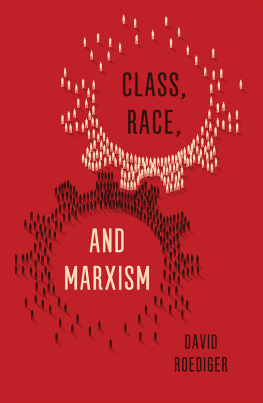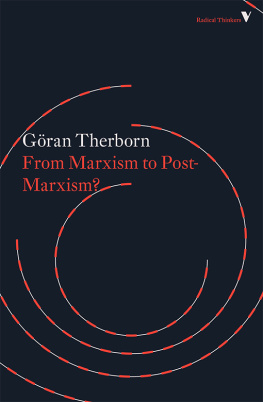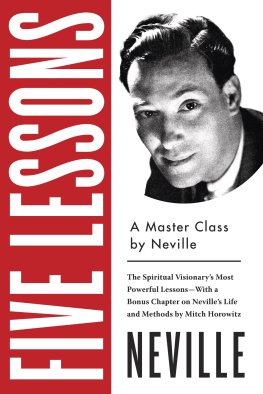Social Class and Marxism
Social Class and Marxism
Defences and Challenges
Edited by
NEVILLE KIRK
First published 1996 by Scolar Press and Ashgate Publishing
Published 2017 by Routledge
2 Park Square, Milton Park, Abingdon, Oxon OX14 4RN
711 Third Avenue, New York, NY 10017, USA
Routledge is an imprint of the Taylor & Francis Group, an informa business
Copyright Neville Kirk and the authors, 1996
All rights reserved. No part of this book may be reprinted or reproduced or utilised in any form or by any electronic, mechanical, or other means, now known or hereafter invented, including photocopying and recording, or in any information storage or retrieval system, without permission in writing from the publishers.
Notice:
Product or corporate names may be trademarks or registered trademarks, and are used only for identification and explanation without intent to infringe.
British Library Cataloguing in Publication Data
Social Class and Marxism: Defences and
Challenges
I. Kirk, Neville
305.50941
ISBN 1-85928-142-7
Library of Congress Cataloging-in-Publication Data
Social class and Marxism: defences and challenges/edited by Neville Kirk.
p. cm.
Includes index.
ISBN 1-85928-142-7
1. Social classes. 2. Communism. 3. Socialism. I. Kirk, Neville,
1947
HT609.S622 1996
305.5dc20 | 9525341
CIP |
Typeset in Sabon by Raven Typesetters, Chester
ISBN 13: 978-1-85928-142-0 (hbk)
Contents
Fiona Devine
Michael Savage
Neville Kirk
Robert Looker
Robert Looker
David Coates
David Howell
The patterning of production and consumption sector cleavages
Source: Dunleavy and Husbands (1985), Figure 1.4, p. 25
Voting in the 1983 general election by overall consumption sector and social class
Source: Dunleavy and Husbands (1985), Table 6.15, p. 142
Voting in the 1979 and 1983 general elections by social class, household production sector and household consumption sector
Source: Edgell and Duke (1991), Table 3.3, p. 65
Voting in the 1987 general election by social class, household production sector and household consumption sector
Source: Edgell and Duke (1991), Table 3.4, p. 66
The association between an index of privatised consumption (excluding housing) and voting intention (excluding non-votes)
Source: Saunders (1990), Table 4.3, p. 225
The association between an index of privatised consumption (including housing) and voting intention (excluding non-votes)
Source: Saunders (1990), Table 4.4, p. 226
The relationship between housing tenure and voting intention, controlling for social class
Source : Saunders (1990), Table 4.7, p. 233
David Coates is Professor of Government and co-director of the International Centre for Labour Studies at the University of Manchester. His writing includes a number of studies of the UK labour movement including The Labour Party and the Struggle for Socialism (1975); Labour in Power? A Study of the Labour Government 197479 (1980).
Fiona Devine is a Lecturer in Sociology at the University of Manchester, having previously taught at the University of Liverpool. She is the author of Affluent Workers Revisited (1992) and Social Class in Britain and America (1996, forthcoming) both published by Edinburgh University Press.
David Howell teaches politics at the University of York. He has published widely in the field of labour movements with special reference to Britain and Ireland. His books include British Workers and the Independent Labour Party 18881906 (1983).
Neville Kirk is Reader in Economic and Social History at Manchester Metropolitan University. He is author of The Growth of Working Class Reformism (1985) and Labour and Society in Britain and the USA 17801939, 2 vols (1994).
Robert Looker lectures in politics at the University of York. He was written widely on socialist politics and labour movements and parties. He is currently working on a volume concerning the comparative analysis of labour movements in the western world.
Michael Savage is Professor of Sociology at the University of Manchester, having previously worked at the Universities of Keele and North Carolina at Chapel Hill. Among his other publications are Property, Bureaucracy and Culture (1992) and Urban Sociology, Capitalism and Modernity (1993).
In recent years scholars working in the humanities and social sciences have widely questioned the continued methodological, philosophical and substantive utility of the notion of social class. Whether as historical relationship, sociological and historical means of analysis and structure, or as a major practical influence upon political ideas and behaviour, class has increasingly been seen as deficient; as mainly incapable of meeting the epistemological and disciplinary tests of empirical adequacy and comprehension and theoretical rigour and consistency.
This questioning process has manifested itself in a number of ways and in a variety of areas. For example, welcome, and in many cases long overdue, current attention to identities revolving around race, gender and ethnicity is not infrequently accompanied by the claim that such identities have, in both past and present, largely taken precedence over that of class.1 In related fashion, post-structuralist and post-modernist concerns with discourse and subjectivity frequently lead to a denial of the existence of a reality out there, as external to consciousness and intention, and as situated in mainly unwilled class and social structures and interests.2 On a more concrete level, the very successes of the Conservative Party since 1979, combined with the weaknesses and failures of the labour movement, have moved several historians and political scientists fundamentally to reconsider the general nature of connections between the social and the political and the specific relations between the working class and socialist and Labour politics.3 Furthermore, differential experiences concerning patterns of opportunity, choice and consumption within social classes in post-1979 Britain have also induced many journalists and academics to posit a loosening or even the dissolution of traditional class collectivities and solidarities and the triumph of modern individualistic attitudes and behaviour. As was the case with embourgeoisement theorists of the 1950s and 1960s, affluence is seen as the necessary harbinger of a mass, middle-class society rooted in the politics of choice, opportunity and the relentless pursuit of private interests.4
To pose questions and raise serious doubts concerning the continued utility and explanatory power of class is of course not an invention of the 1980s and 1990s. Historians, for example, have long debated the extent to which concerns such as levels of income and skill and allegiances rooted in occupation, locality, religion, politics, culture and consumption, united rather than divided nineteenth-century British workers.5 Within the social sciences the relative merits and frequently competing claims of class and status, class and power, class and nation, and production- and distribution-based theories of class have been hotly debated for much of this century.



